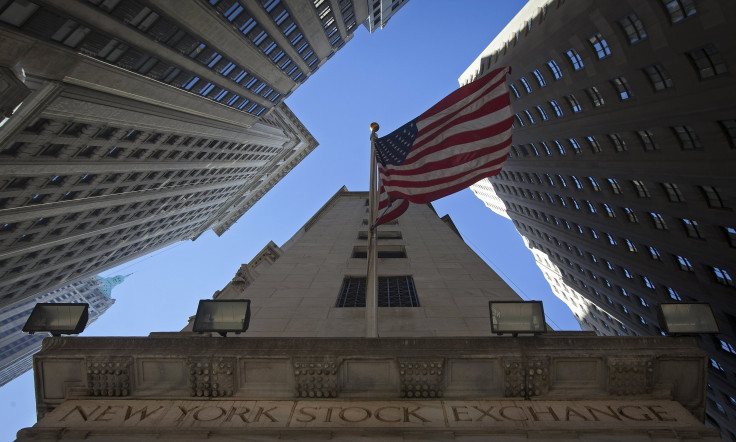How Does Wall Street Work? Only One-Quarter Of Investment Bank Revenue Comes From Activities In The Real Economy

When you ask Wall Street what it does, the reply generally is that investment banks direct capital to enterprises that need it most. Like an irrigation system, the financial sector routes incoming investments to thirsty recipients that hope to grow.
But a broad new analysis by the Bank of England shows the lion’s share of global investment-banking revenue derives not from services to the real economy but from purely financial activities.
While the figures won’t come as a surprise to economists and financiers, the report by the U.K.’s central bank helps demystify exactly how investment banks make their money -- a combined $140 billion in revenues at the 10 largest firms -- and how little most of their profits have to do with actual commerce.
“For a long time, we took for granted that all these activities are useful simply because they exist,” says Thomas Philippon, a professor of finance at the New York University Stern School of Business who studies the efficiency of financial services. “Now we have the challenge of deciding what’s useful or not.”
Investment banks participate in a wide variety of business activities, which the Bank of England breaks into two general categories: underwriting and advisory services on the one hand, sales and trading on the other hand.
Underwriting and advisory services face the business world directly. When companies take on debt to finance a new venture, it’s an investment bank that inks the deal and sells the bonds.
When Shake Shack Inc. went public this year, for instance, it sought the expertise of Goldman Sachs Group Inc., JPMorgan Chase & Co. and Morgan Stanley to issue its stock. Investment-banking revenues from underwriting and advisory services for the most part are based on the real economy.
But investment banking’s far more profitable trading arms are another matter.
When it comes to trading derivatives, dealing in government bonds and creating securities, revenues are mighty, while interaction with the real economy is puny, according to the Bank of England’s calculations. These activities range from trading vanilla market products, like offerings that help corporate borrowers negotiate volatile interest rates, to marketing exotic financial concoctions, like the dividend-arbitrage trades that allow hedge funds to skirt certain domestic taxes.
Certain lines of business appear to have only tenuous connections to the real world. Securitization, which generates an estimated $10.5 billion a year, involves bundling large numbers of debt agreements into products that can be bought and sold as single units. This was a prime driver of the subprime mortgage crisis, in which banks cobbled together thousands upon thousands of questionable home loans and packaged them into mortgage-backed securities and even more convoluted products. These investments were then pushed on institutional investors such as insurance companies and pension funds.
Wall Street banks will respond that their innovations help the financial system run smoothly. When you take money from an ATM or make deposits into a retirement fund, a vast and invisible network of financial technology makes it relatively painless on your end. Meanwhile, the expansion of industry and private commerce is impossible without someone willing to take on risks to help companies proliferate.
For his part, Philippon doesn’t think it’s possible yet to distinguish cleanly between finance that helps and finance that hurts. “There’s no way to draw a line that actually is convincing,” he says. But a growing body of research contends the effects of a growing financial sector on the real economy may not always be beneficial. “The evidence is pretty murky that that activity is actually useful for the economy as a whole,” he says.
As elucidated in a recent paper by the Bank for International Settlements -- titled “Why does financial sector growth crowd out real economic growth?” -- the real economy tends to suffer when investment-banking activity increases too rapidly. No matter how distant the workings of investment banking seem to the ordinary person, they ultimately affect us all.
© Copyright IBTimes 2024. All rights reserved.






















